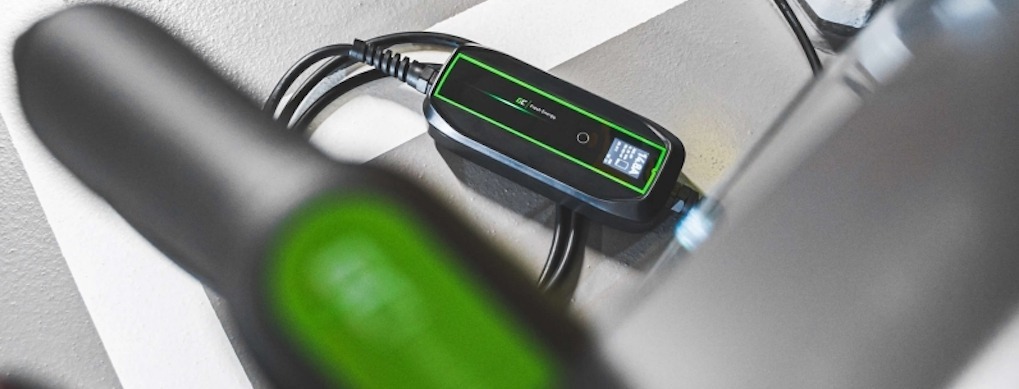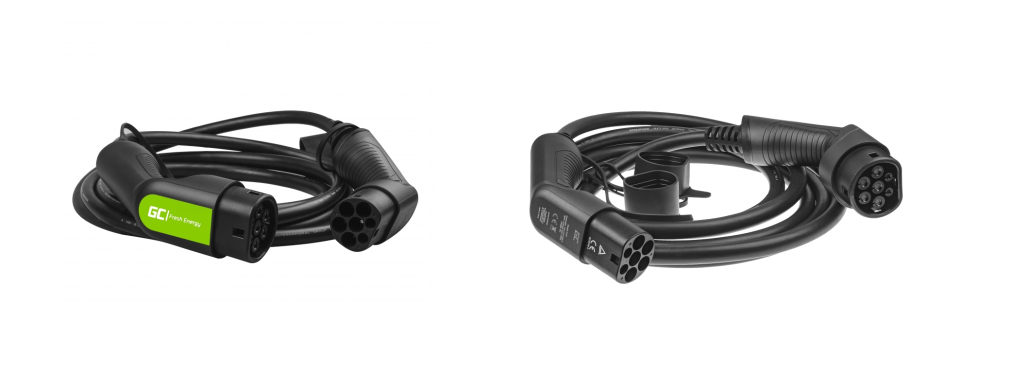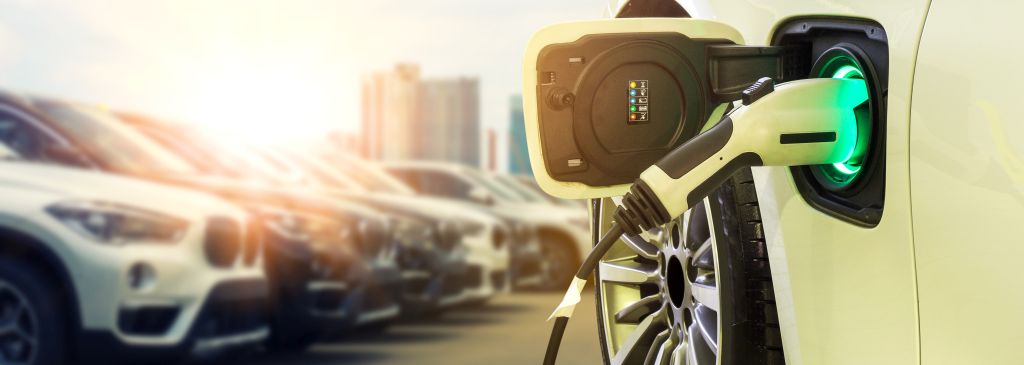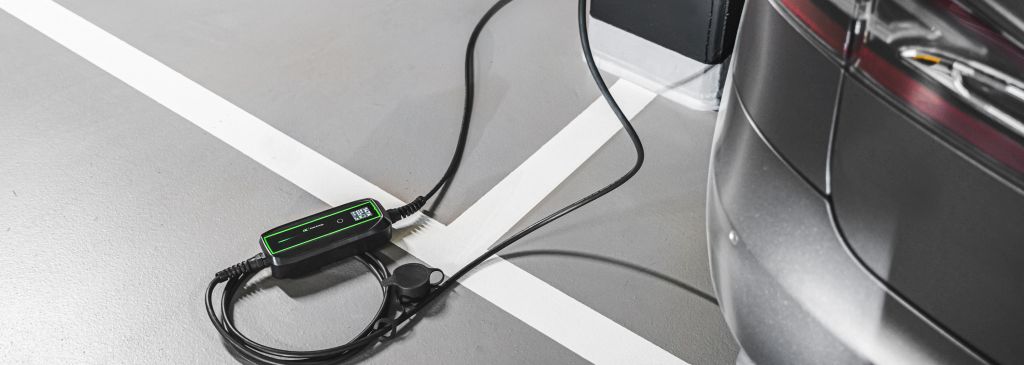E-cars are becoming increasingly popular. As they are more and more appealing and readily available, people keep asking: what charger will be the best? It is definitely important to choose proper equipment for charging your electric vehicle. But what to look out for when buying it? We have a few useful tips for you on how to choose the best charger for your car.
In this article you will find out:
- what the available types of EV chargers are,
- what you should look out for when choosing a charging cable,
- what kinds of plugs and sockets you can find,
- what extra functions you expect to find in a good charger.

How to choose an EV cable?
Even the best charger won’t do the job unless you pick the right cable to go with it. It may seem that a charging cable for an electric car is a simple connector. You couldn’t be more wrong, though! It’s a technologically advanced product, whose job is to maintain the right charger parameters. An EV cable must be adjusted to accommodate proper power and acceptable charging speed. But the most important thing is to choose the correct plug – it’s usually Type 1 or Type 2. The choice is fairly simple, because at the moment most EVs made in Europe are compatible with Type 2 plug.
You are also well advised to look at the material the cable is made of. High temperature and UV radiation have adverse effect on synthetic materials. There are many available cheap replacements made of poor quality material – they are prone to deformation, fractures and loss of flexibility. That’s why it’s crucial to choose a proper product.
High quality materials will also ensure that the plug is water-resistant. Standard rubber or tough PVC will start to crack after a few months. This will make the cable leak and then internal electrical connections might corrode.

Choosing the car charger
A good charger must come with proper parameters and relevant functions. Remember to check the following:
- power – this parameter is decisive for the charging speed,
- plug – should be compatible with the car – it will usually be Type 1 or Type 2. The latter is the default option for each European car manufactured after 2019,
- type of current , i.e. AC (230 V) or DC (440 V).
Car chargers may offer a range of extra functions. An interesting option is an RFID card, which enables access authorisation. This means the charging station can be used only by authorised users. You should also note whether the charger comes with an option of remote charging control via Wi–Fi. This allows you not only to monitor the history, but also diagnose any issues at a distance. Other advantages include the possibility of delayed start, integration with photovoltaics and the opportunity to install additional applications.
You should also consider the fact that EV chargers differ with regard to the type of current they operate with. You can have AC or DC car chargers. The latter operate on alternating current – i.e. the current whose voltage changes over time. The voltage may be 230 V or 400 V. The power of such charging ranges from 2 to 22 kW. DC chargers use direct current – with the same intensity at all times – the charging power in this case is ca. 50 kW or more. DC is faster of the two solutions.

Summary
A good electric car charger and a matching cable have to come with the right parameters. It’s also important to make sure you pick high quality products. Using cheap replacements or incompatible accessories may cause the connectors to overheat. Sometimes even the socket in the car might melt, which is a serious damage to the vehicle. Before you buy the cable, try to check out its length. The best length is 5 m. This will guarantee convenient and trouble-free experience. Remember that high quality materials guarantee proper functioning of EV accessories.
Be mobile, be free – go for top quality and reliable solutions! Choose chargers and cables by Green Cell, available in our online store.
Veronica Jones
Related posts
Most viewed entries
- Electricity in a camper van on holiday – a conundrum easily solve
- Off-grid installation on a plot. Is it worth it?
- Charging your electric car at home without a wallbox
- Inverter – what it is and what it is used for
- Zero VAT on energy storage in the UK possible soon
- Greece sets aside €200 million for photovoltaic subsidies!

